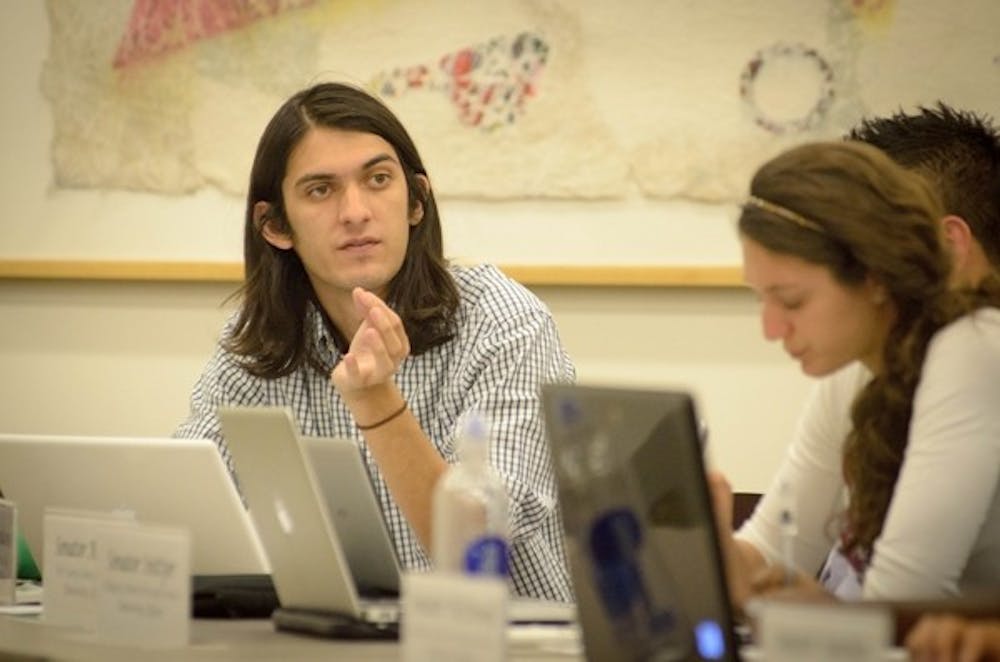A state bill the Tempe Undergraduate Student Government believes would cause discrimination among university clubs and organizations passed both houses this month and is now awaiting the governor’s signature.
Supporters of House Bill 2565 say its purpose is just the opposite — to ban discrimination against students based on religious, political or philosophical viewpoints at community colleges and universities.
The Tempe USG Senate has written a resolution opposing a specific section of the state bill.
Section 15-1863B states that only members committed to the mission of religious or political student organizations can carry out the group’s internal affairs, such as selecting leaders and members, defining doctrines and resolving disputes.
“We don’t oppose the entire bill, we more oppose that specific section … [Section 15-1863B] leaves room for exclusion,” said USG Sen. Gabriel Sanchez from the School of Sustainability.
The USG resolution states that Section 15-1863B will be detrimental to the dynamic of student organizations.
“We’re elected to represent the best interest of students and if we find something that is detrimental to the students, then we need to oppose it,” Sanchez said. “Let that be known that we do not approve of this.”
Rep. Lela Alston, D-Phoenix, deemed the bill unnecessary and repetitive. She said University policies already restrict discrimination among student clubs and organizations.
“Our constitutional rights are already covered, and to pass something like this just would muddy the waters.”
Representatives in support of the bill want these rights to be enforced by state law, not just university policy.
Primary sponsor of the bill Rep. Steve Court, R-Mesa, said he thought the bill was necessary because of issues brought forward in other states that led to lawsuits. Therefore, he felt the need to enforce the policies at the state level.
Last year, the U.S. Supreme Court addressed the issue of discrimination among university clubs in the case Christian Legal Society v. Martinez.
The court ruled that a public university has the right to refuse recognition of a student group that does not accept all who wish to join.
Rep. Court said the bill would not create discrimination.
“The bill is actually designed to do the opposite; it’s designed to prevent discrimination,” he said.
Court did not provide any specific details as to how section 15-1863B would prevent discrimination, but said if any issues come up, the Legislature would address them.
Business management freshman Preston Lindsey, a member of at least six ASU clubs and organizations, is unsure of how the bill would affect him but is against any ideas of discrimination.
“On a positive aspect, [the bill lets you] put who you want in charge of the club or organization and that could be good for their mission,” he said. “However, this could take away my chances at leadership positions because I may not have the right qualifications.”
Reach the reporter at tiffany.ngo@asu.edu





